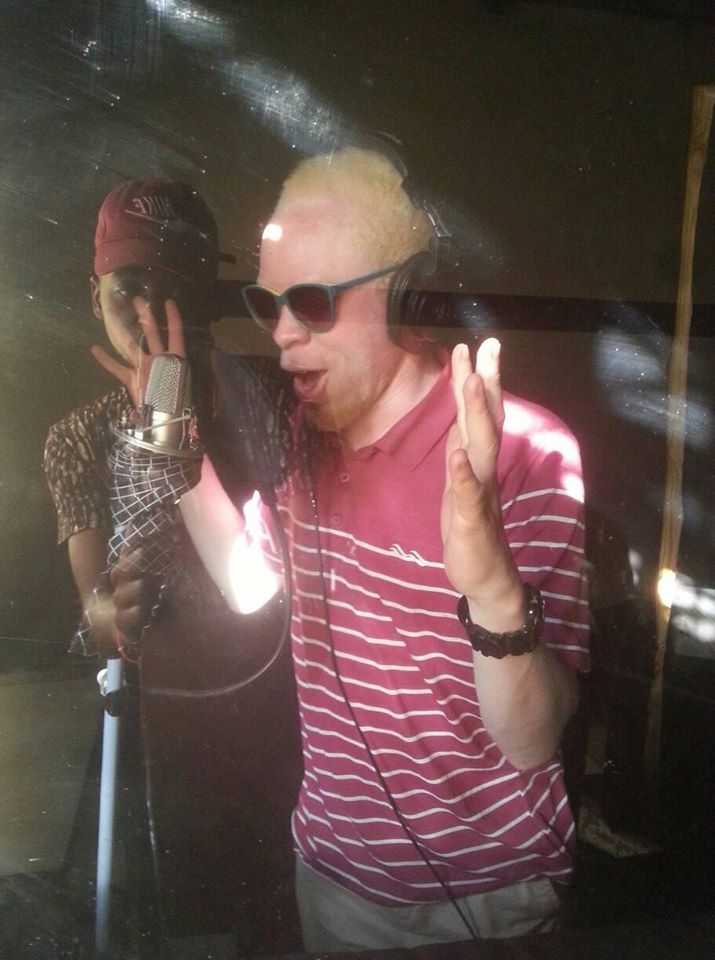The colonialist government of Rhodesia set up a township for blacks just a stone’s throw from modern-day Harare Central Business District to enable the natives to work in town and the nearby industrial sites. The place is called Mbare and is rich in history while it maintains itself as a centre of various activities for both the rich and the poor alike. This state of affairs inspired gifted singer, Rufaro Chinyanga to come up with a song “Mumbare” that is set to hit the airwaves soon.
“Mumbare is a song about one of the notorious ghettos in Zimbabwe. The song is about the hope and motivation that springs from the chaos in Mbare. Just like any typical ghetto, Mbare is a place were all manner of social evils are exhibited. From prostitution, crime, drug abuse, child marriages and others. The poverty that exists in Mbare can be traced to the fact that the current occupants of the houses and flats in Mbare are children of migrant workers from Malawi and other places in Africa. The lack of education and opportunity to rise in Mbare leads to the numerous challenges,” said the energetic Rufaro in an interview with Spiked Online Media.
He continued: “My name is Rufaro Chinyanga and I wrote this song after deep meditations and experience of living in Mbare myself. My mother and father met in Mbare. And my mothers family home and relatives are still in Mbare national. So I felt the need to tell this powerful tale of Mbare that moves the soul as human endurance in the midst of so many challenges is tested out. And as a young man with Albinism was also driven to take up the challenge and record a song to give another perspective to the music industry.
“I have been doing live performances all over with my friend Innocent Kufakunesu, an upcoming artist who was trained by The late Oliver Mtukudzi. From the University of Zimbabwe, as students we got opportunities to perform around Zimbabwe and even for President Mnagagwa last year at the UZ Research Week. This has driven me to now take to recording so as to usher myself to the Zimbabwean people as an artist,” Chinyanga said.
